Growing zones in VA
organic-kiki
17 years ago
Featured Answer
Comments (12)
meldy_nva
17 years agoRelated Professionals
McKinney Landscape Contractors · Tempe Landscape Contractors · Concord Landscape Contractors · Bridgeport Landscape Contractors · Brookline Landscape Contractors · El Segundo Landscape Contractors · Elkridge Landscape Contractors · Fort Atkinson Landscape Contractors · Middletown Landscape Contractors · Nanuet Landscape Contractors · North Potomac Landscape Contractors · Pleasant Hill Landscape Contractors · South Farmingdale Landscape Contractors · Goldenrod Landscape Contractors · Palos Heights Landscape Contractorsbabywatson
17 years agogardener_sandy
17 years agomeldy_nva
17 years agothe_virginian
17 years agobabywatson
17 years agoBrent_In_NoVA
17 years agogw:organic-kiki
17 years agogardenpaws_VA
17 years agothe_virginian
17 years agogw:organic-kiki
17 years ago
Related Stories
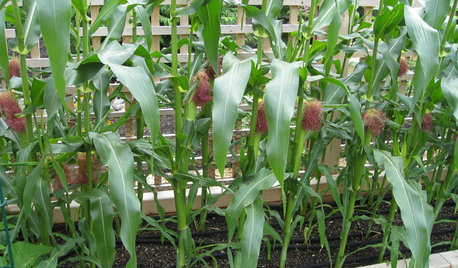
SUMMER FRUITS AND VEGETABLESHow to Grow Your Own Fresh, Sweet Corn
Here's how to plant and care for your own mini cornfield
Full Story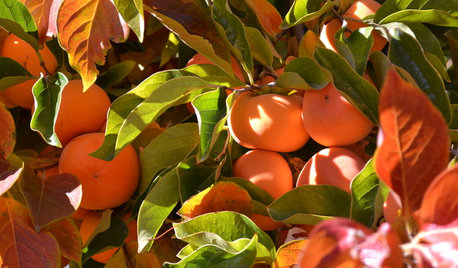
FRUIT TREESHow to Grow Your Own Persimmons
Sturdy and easy to care for, these trees offer bright fruit through winter — and keeping them in bounds is no sweat
Full Story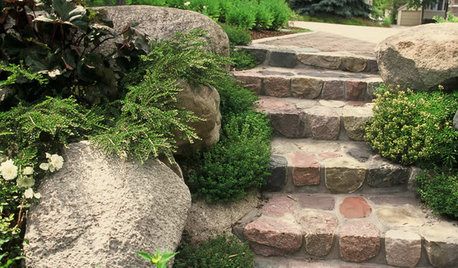
EDIBLE GARDENSHerb Garden Essentials: How to Grow Thyme
Common thyme and its flavorful cousins are anything but ordinary in the garden
Full Story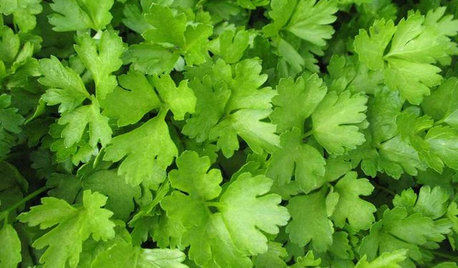
EDIBLE GARDENSHerb Garden Essentials: Grow Your Own Parsley
Mere garnish no more, parsley comes in flavorful and interesting varieties to decorate the garden and jazz up your cooking
Full Story0
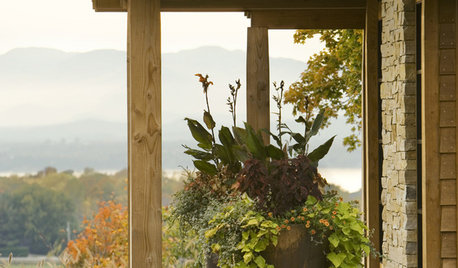
GARDENING GUIDESGrow a Beautiful Fall Garden in a Pot
Welcome autumn with 7 gorgeous plants that thrive in containers and enliven your porch or patio throughout the cooler season
Full Story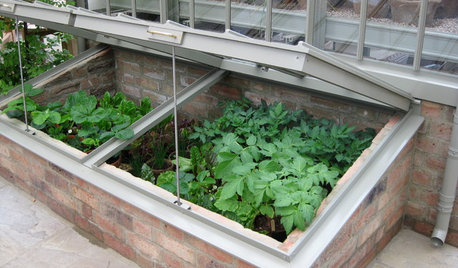
WINTER GARDENINGExtend Your Growing Season With a Cold Frame in the Garden
If the sun's shining, it might be time to sow seeds under glass to transplant or harvest
Full Story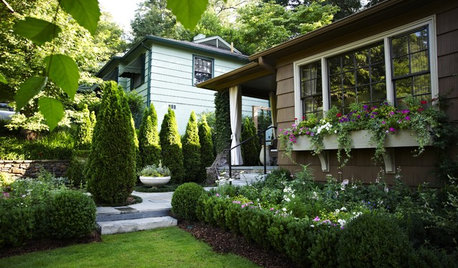
GARDENING GUIDES9 Low-Growing Hedges That Make Good Neighbors
Define garden areas or borders without blocking the view, with these evergreen shrubs that take kindly to trimming
Full Story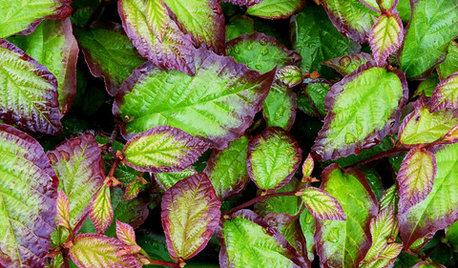
GARDENING GUIDES7 New Plants to Grow for Beautiful Foliage
Add color, structure and interest to your garden with these recently introduced plants that sport exceptional foliage
Full Story
EDIBLE GARDENSHow to Grow 10 Favorite Fruit Trees at Home
Plant a mini orchard in fall, winter or early spring to enjoy fresh-off-the-tree fruit the following year
Full Story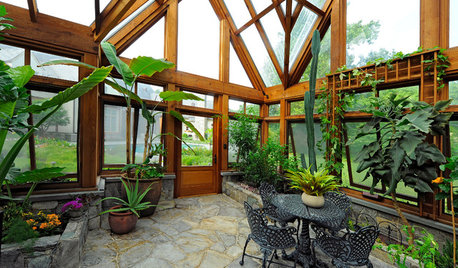
EDIBLE GARDENSThe Enticing Garden: How to Grow Bananas
Sweeten your dining table with surprising flavors of banana cultivars while adding tropical flavor to your garden
Full Story





the_virginian